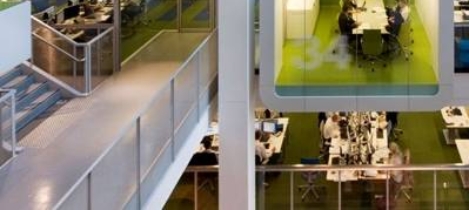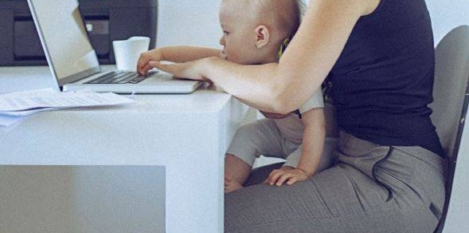April 22, 2016
LEED certified green buildings in Canada reach a significant milestone 0
 LEED certified buildings in Canada have led to a cumulative reduction of over one million tonnes of CO2e in greenhouse gas emissions – the equivalent of taking 238,377 cars off the road for a year. Along with this milestone the Canada Green Building Council (CaGBC) announced that in the first quarter of 2016 it certified the 1000th LEED Gold project in Canada. LEED Gold, the second most rigorous level of certification, now makes up 38 per cent of all LEED certified projects in Canada – the highest percentage of all levels. This is evidence of the industry’s enhanced capability to achieve higher levels of building performance. Among the most notable projects that earned LEED certification in the first quarter of this year was the certified LEED Platinum TELUS Garden Office Tower in Vancouver, BC, a one million square foot development in the heart of downtown Vancouver that features one of Vancouver’s largest solar panel collections on the office’s rooftop.
LEED certified buildings in Canada have led to a cumulative reduction of over one million tonnes of CO2e in greenhouse gas emissions – the equivalent of taking 238,377 cars off the road for a year. Along with this milestone the Canada Green Building Council (CaGBC) announced that in the first quarter of 2016 it certified the 1000th LEED Gold project in Canada. LEED Gold, the second most rigorous level of certification, now makes up 38 per cent of all LEED certified projects in Canada – the highest percentage of all levels. This is evidence of the industry’s enhanced capability to achieve higher levels of building performance. Among the most notable projects that earned LEED certification in the first quarter of this year was the certified LEED Platinum TELUS Garden Office Tower in Vancouver, BC, a one million square foot development in the heart of downtown Vancouver that features one of Vancouver’s largest solar panel collections on the office’s rooftop.

































April 21, 2016
How and why Millennials are shaping the future of remote working 0
by Sara Sutton Fell • Comment, Facilities management, Flexible working, Workplace, Workplace design
More →